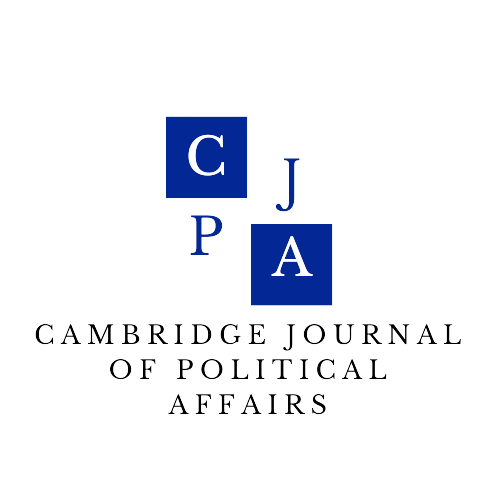The End of the Post-Cold War: An Analysis of Russia’s Invasion of Ukraine and its Insights into Epochal Change and Continuity
ABSTRACT
Marking the culmination of tension, Russia’s invasion of Ukraine on 24 February 2022 has been deemed an epoch-defining moment. With the return of war to mainland Europe, substantively divided along an updated Russia/West binary, the conflict has been perceived as the end of the post-Cold War international order. This article will challenge the prominence of this assertion. An analysis of the conflict’s first twelve months reflects upon the relative insights into contemporary relations of power and the foundations which structure them. Rather than marking an epochal shift, this article maintains that the war constitutes the culmination of a transition to a new, ‘post-postcold-war order’. It facilitates the retrospective placement of this transition onto the Georgia-Russia conflict of 2008. Additionally, differentiation between relations of power (and the changing nature of power itself) can be revealed alongside underlying structural continuity. Revanchist ambition has coincided with the decline of US hegemony and the emergence of competing and ill-defined polarities. This increased obscurity echoes interconnection, an enlarged non-aligned movement, and the increased assertiveness of alternative geopolitical actors, such as China. Yet, hierarchies have continued to permeate the system’s anarchic foundations, proving both material and racial in nature. Thus, offering a point of retrospective comparison, this article assesses the war’s insight into the respective relations of power which have differentiated and shaped the contemporary and post-Cold War periods. It does so alongside the exposure of the foundational continuity which prescribes them.
